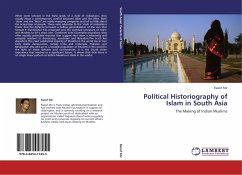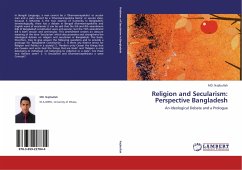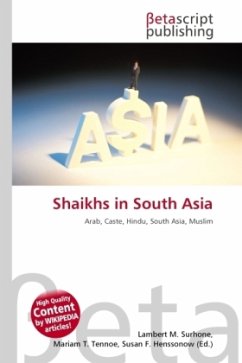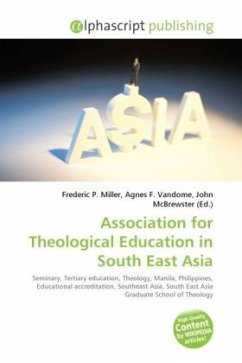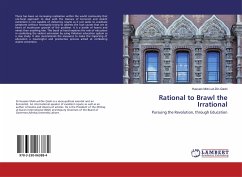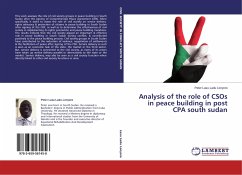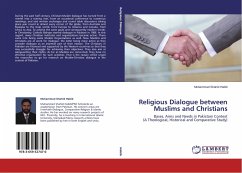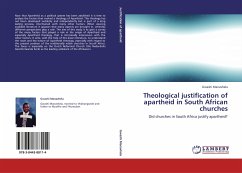When some scholars in the West speak of a clash of civilizations, they usually mean a contemporary conflict between Islam and the West. Both Islam and the West are vastly sweeping categories and tell us little about the actual lives of people. Those who subscribe to the clash of civilizations thesis find the distance between a hollow generalization of the sort that Samuel P. Huntington has proposed and the eventual caricature of Islam and Muslims to be a short one. Combined with Orientalist prejudices, they offer equally untenable theories that suggest that Islam is inherently and uniquely resistant to democracy, secularism and liberalism.The truth lies elsewhere.The most substantial majority of Muslims in the world live in two fairly stable democracies, namely India and Indonesia. Pakistan and Bangladesh also add up to a sizeable population of Muslims in the world.In the light of these debates and controversies, it is the South Asian experience that teaches us a significant lesson. It shows that that there is no single linear pattern to define Muslims or Islam in the world.
Bitte wählen Sie Ihr Anliegen aus.
Rechnungen
Retourenschein anfordern
Bestellstatus
Storno

